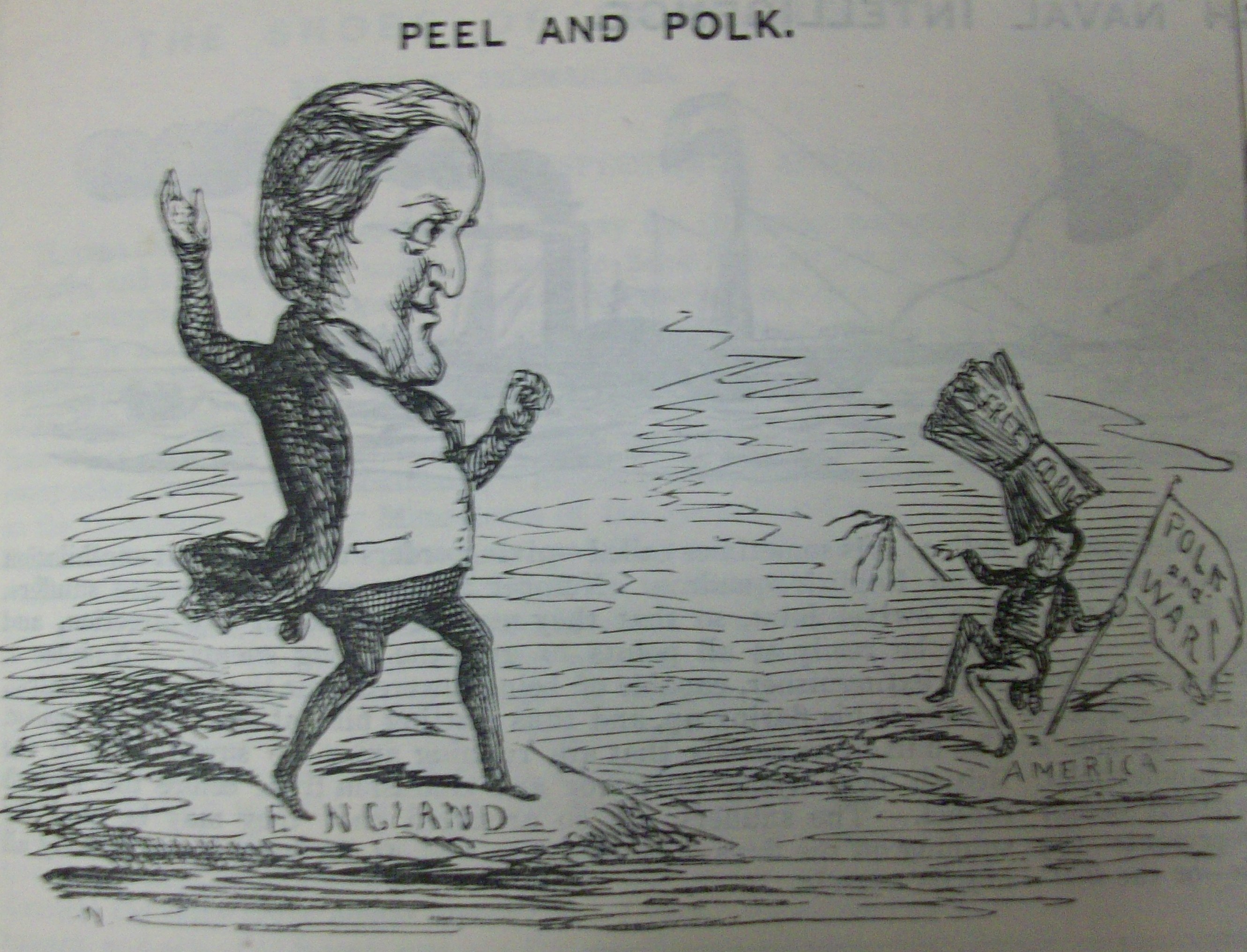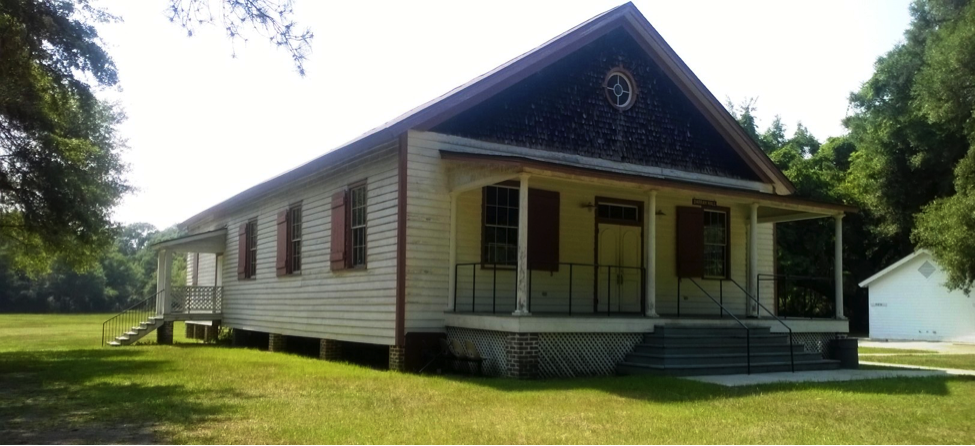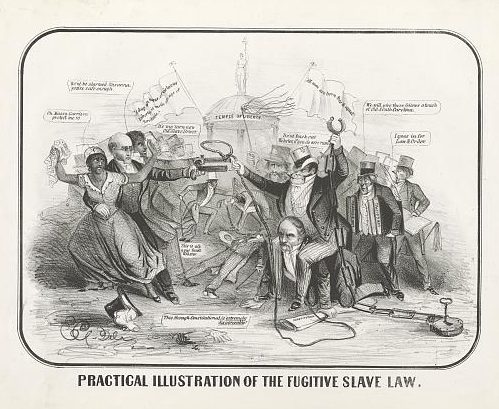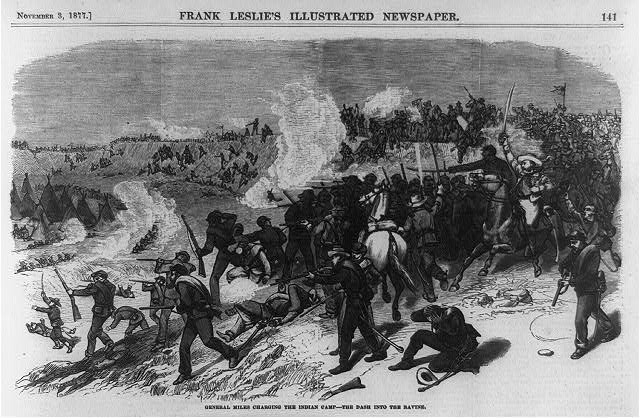Editor’s Note: June 2017 Issue
The essays in this issue seek to reopen debates on topics central to our understanding of Civil War causes and the administration of the war, namely, tariffs, states’ rights, and Confederate draft exemption. Another essay revisits an important freedom suit that stood ominously in the background as the Dred Scott ...
Read More
Read More
Recovering Southern Women: A Report from the OAH
In recent weeks, activists have spotlighted the disappearance of numerous young women of color from the District of Columbia and its environs—a reality, they allege, that was long underreported by public functionaries and local media.[1] Intentionally or neglectfully, these women’s voices and those of their communities were long silenced. As ...
Read More
Read More
Violence After Victory: Reconstruction Scholarship at the OAH
The streets, sidewalks, and facades of New Orleans’ famous Canal Street repeatedly bore witness to terrible outbursts of violence throughout the Reconstruction Era, as ex-Confederates tried to overturn the egalitarian reforms of Reconstruction through bloodshed and intimidation. Several of the most important massacres and street battles in the history of ...
Read More
Read More
Author Interview: Nancy Bercaw
To coincide with our March 2017 special issue on Reconstruction, we interviewed Nancy Bercaw, curator of the Slavery and Freedom exhibit at the Smithsonian Museum of African American History and Culture. Dr. Bercaw contributed to our roundtable discussion on how Reconstruction is represented in public history contexts. In this interview ...
Read More
Read More

The GOP’s Civil War Over Trade Is Nothing New
According to the Financial Times, the Trump White House is fighting a civil war over trade.[1] Trump’s ultra-nationalist “America First” program does not sit well with Republican free traders. Why? Because the program contains a variety of protectionist weapons, including retaliatory tariffs against the country’s largest trading partners, dismantling NAFTA, ...
Read More
Read More
Using Reacting to the Past in the Civil War Classroom
The time had come for the delegates to Kentucky’s Sovereignty Convention to decide whether or not the state should secede. One by one, the delegates responded to the roll call vote. Once the representatives from the Cumberland Plateau, Pennyroyal, and Jackson Purchase regions had spoken, the vote was tied. It ...
Read More
Read More
Lorien Foote’s Article a Finalist for Army Historical Foundation Award
We are delighted to announce that Lorien Foote’s article in the March 2016 issue, titled “‘They Cover the Land Like the Locusts of Egypt’: Fugitive Federal Prisoners of War and the Collapse of the Confederacy,” is a finalist for the 2016 Army Historical Foundation Distinguished Writing Award. Lorien’s discussion of ...
Read More
Read More

The Enduring Legacy of Patsey
12 Years a Slave is one of the greatest movies about American history. Much to their credit, the filmmakers did an admirable job of capturing the life and experiences of Solomon Northup, a free black man from upstate New York who was kidnapped and sold into slavery in 1841. After ...
Read More
Read More

Men Go to Battle and the Civil War’s Dark Turn
ABRUPT, adj. Sudden, without ceremony, like the arrival of a cannonshot and the departure of the soldier whose interests are most affected by it. Dr. Samuel Johnson beautifully said of another author’s ideas that they were “concatenated without abruption.” ...
Read More
Read More

Postscript to “Reconstructing Memory”
The March 2017 issue of The Journal of the Civil War Era includes the article “Reconstructing Memory: The Attempt to Designate Beaufort, South Carolina the National Park’s First Reconstruction Unit.” It addresses a vigorous effort at the national and local level that began in December of 2000 and aimed to ...
Read More
Read More

Caring for Veterans: The Civil War and the Present
In recent history, the state of veteran healthcare has received negative media coverage. The United States Department of Veterans Affairs suffered immense scrutiny for the deaths of at least forty United States veterans who died awaiting assistance. The deaths of these veterans prompted investigations and the eventual dismissal of Secretary ...
Read More
Read More

Habeas Corpus, the Fugitive Slave Law, and Executive Authority
Last month, President Donald Trump issued an executive order prohibiting the entry of refugees or visa holders from seven Middle Eastern nations. It went into effect while some foreign nationals were in transit, thus they arrived in a different America than the one they had expected. Among these were two ...
Read More
Read More
Open Access Features in the March 2017 Issue
Last week Muster published the editors' note for our March 2017 special issue on Reconstruction, but we are also excited to announce some open access features from the issue. The first of these is a forum on the future of Reconstruction studies. As Luke Harlow notes: Nine leading scholars were asked ...
Read More
Read More
Editors’ Note: March 2017 Issue
We are very pleased to announce the publication of our March 2017 special issue. Copies will be in your mailboxes soon, but to tide you over until then, here is the editors' note from our guest editors, Kate Masur and Greg Downs. One hundred and fifty years since Reconstruction, we believe ...
Read More
Read More
Author Interview: Kevin Waite
Here at Muster, we are fostering more opportunities for readers of The Journal of the Civil War Era to engage with our talented authors. Thus, in 2017 we will begin providing short author interviews to jump-start some stimulating discussions. Our first interview is with Kevin Waite, whose article “Jefferson Davis and Proslavery ...
Read More
Read More

Teaching the West in the Civil War Era
Most courses on the Civil War and Reconstruction venture only briefly into the American West. Textbooks and lectures often dispense quickly with the region. They make fleeting forays into the Kansas and Missouri border wars, or the military conflict over the Mississippi River, before returning to a familiar North/South narrative ...
Read More
Read More